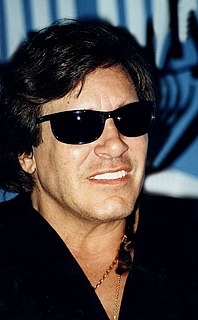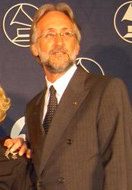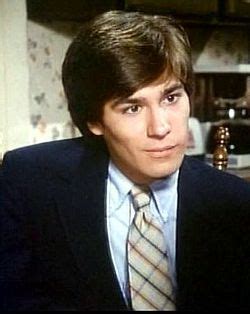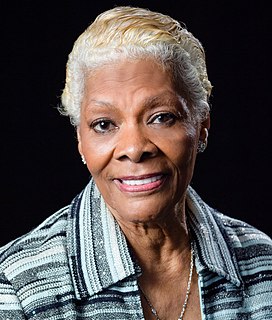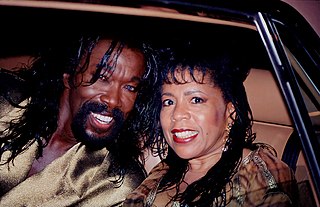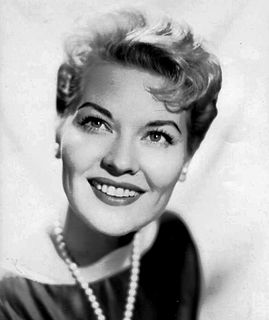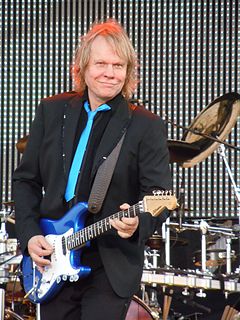A Quote by Jose Feliciano
From 1969 to 1973, I was never played on radio stations.
Quote Topics
Related Quotes
Because U.K. artists aren't compensated when their music is played on U.S. radio stations, U.S. artists aren't compensated when their records are played on U.K. stations based on the fact that there's no reciprocity. If that income came in, our artists would be paying income taxes on it. So if we can get a lot of policy on the radar, that may have some positive influence.
We are extremely proud to represent all of Radio One's stations within the Katz Radio Group. For the past five years we have worked diligently alongside Radio One to build their business in the markets we have historically represented including Houston, Los Angeles, Philadelphia , Raleigh and Columbus. At a time of significant growth in the African American consumer market the addition of the remaining Radio One stations expands our ability to deliver strategic marketing solutions to our agency and advertiser customers.
'Smoke On The Water' was ignored by everybody to begin with. We only did it in the shows because it was a filler track from 'Machine Head.' But then, one radio station picked up on it, and Warner Bros. edited it down to about three and a half minutes. It then started getting played by lots of different radio stations.
